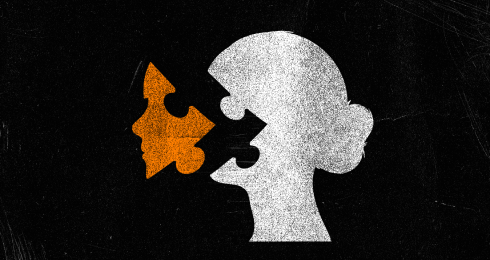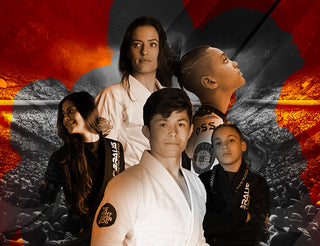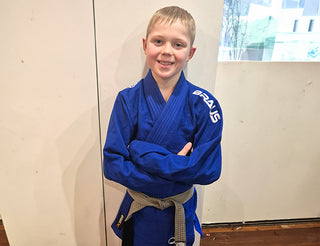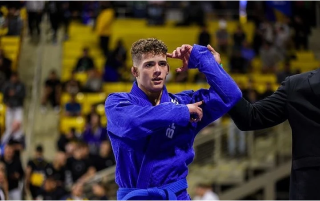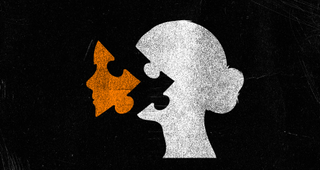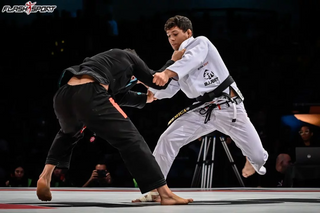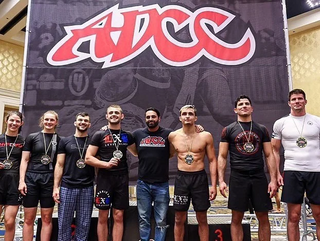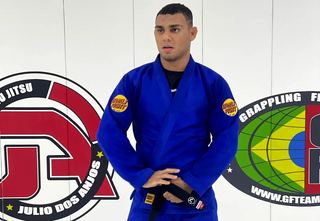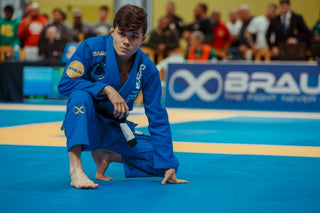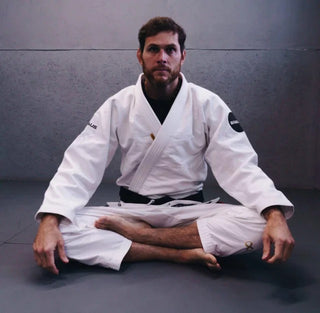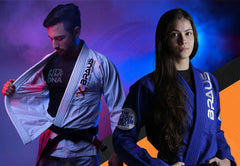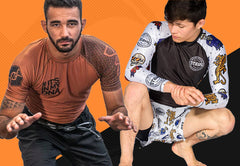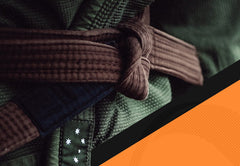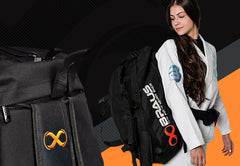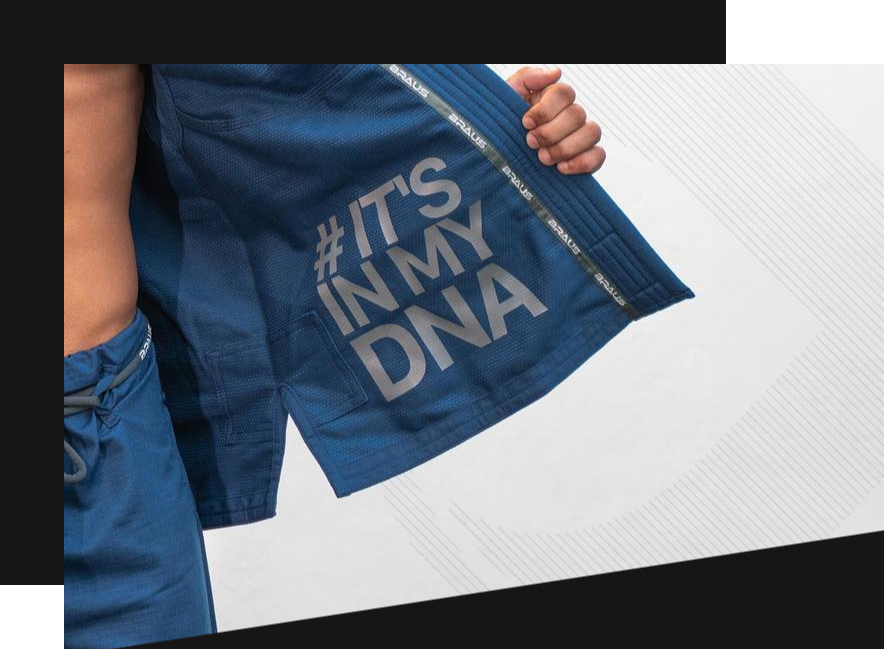Kicking off our mindset series, Briana Bowley, esteemed trauma, mindset and performance coach , explores imposter syndrome; what it is and how to deal with it on and off the mats. It’s always an honour to collaborate with such knowledgeable individuals whose insights truly can provide valuable advantage to our game. Enjoy!
Working as a mindset coach, one of the most common challenges that I support my clients in moving beyond, is that of ‘imposter syndrome.’ Imposter syndrome can be defined as a cerebral experience in which one doubts their skills, abilities or talents regardless of external evidence of their competence. It acts as a feedback mechanism (as all emotion-inducing experiences are) to let you know that you’re not viewing yourself with full clarity or that you may be comparing yourself to an incomplete viewpoint of others. At times imposter syndrome might present itself as a fear of being exposed as a fraud or as guilt for deceiving others for not being what one claims to be or ‘should’ be.
If you find yourself challenged by imposter syndrome, it can be a crippling experience holding you back from reaching your full potential. However, there are blessings to be found in this experience and my role is to open your eyes to them.
Imposter syndrome is usually representative of one of the following three underlying streams of thought:
- You are expecting yourself to be an expert or to have achieved a level of mastery that is unobtainable at your current level of experience (for example, expecting yourself to train like a black belt when you’re still on your white belt.)
- You are prone to perfectionist tendencies, struggling with your identity and worth when you make mistakes.
- You compare yourself to the best of other people and their unique skills, attributes and achievements, without seeing the full picture of their mistakes and shortcomings.
In a sport like jiu jitsu, it’s only natural that you find yourself falling into states of comparison, because ultimately we are competing against our peers and testing our skillset against those of another. However, when you draw too much meaning from these comparisons, seeing half-truths in your opponents such as more positives in their skillset than drawbacks and simultaneously focusing on the negatives of yours, you begin facing the feedback of imposter syndrome and dissipating your own self-worth.
In the words of Ralph Waldo Emerson, “envy is ignorance and imitation is suicide.”
With this, I’d like to share a powerful story of a client of mine and to demonstrate how we can get lost in comparison and risk losing sight of what we want most.
This client was a competitive MMA fighter and we had been working together for some time to bring a new level of emotional intelligence, self awareness and presence, to her competitive performances. She had already gained some success and was becoming widely recognized for her profound poise and relaxed demeanor under the immense pressures of competition.
Despite being a highly skilled martial artist, she was still considered a white belt in jiu jitsu due to having never attended a grading night. She was matched to fight an MMA bout against a jiu jitsu black belt and for the first time in quite some time, she was heavily doubting her ability to win the match, despite her coaches having full faith in her ability. Her self-esteem as a martial artist had hit an all-time low and she was close to pulling out of the match altogether, despite knowing that her success here could be a groundbreaking next step in her career.
After our consultation, I uncovered that she was comparing her skillsets to that of her opponent whilst disregarding her own. She was admiring the black belt level jiu jitsu skills of her opponent – comparing them to her ‘white belt’ ranking and self-depreciating herself despite her skills being far beyond those of a white belt. She was placing her opponent on a pedestal for her belt color, without taking into consideration the full picture of her abilities.
While others were able to see my clients overall skill, in particular her black belt level of emotional intelligence (one that is regularly wildly overlooked in combat sports) she continued to minimize herself and fall into imposter syndrome.
She was failing to see, and therefore failing to powerfully utilize – every individual has a unique set of advantages and disadvantages. While trapped in this small, limited world of comparison, she was disregarding that just beyond those comparisons was an opportunity to level the playing field and to have the kind of success she had been striving for.
As long as you compare yourself to other individuals instead of comparing your own actions and decisions to what’s deeply meaningful to you, you are likely to be distracted by the mislead belief that you’re not enough. You only ever want to ‘fix’ yourself when you’re comparing yourself to another. This dysmorphic response is not limited purely to jiu jitsu or combat sports but can be relevant to every facet of your life.
For my client, we worked together in overcoming imposter syndrome and as a result, she won that fight via submission.
As a coach, there are a number of ways that we can work together to overcome imposter syndrome. As an example, this is a way for you to begin the process of overcoming imposter syndrome (this is a piece of the puzzle that I utilize in working with my own clients):
Step 1. Identify those individuals that you look up to and compare yourself to.
Step 2. Identify the traits, actions or characteristics that you admire in them.
Step 3. Identify where you have those same traits and characteristics or display those same actions in your own unique form, to the same extent as the person you’re comparing yourself to.
Step 4. Continue doing this until you can see, with unwavering certainty, that you are just as competent, skilled and capable as they are, albeit expressed in a unique form.
What if you could see yourself clearly through recognizing that whatever you perceive in another, you have in your own form based upon what is most meaningful to you as an individual? What might you be capable of achieving then?
For support in this process or to get your unique mindset and performance related questions answered, contact me at briana@brianabowley.com or at www.instagram.com/brianabowley

